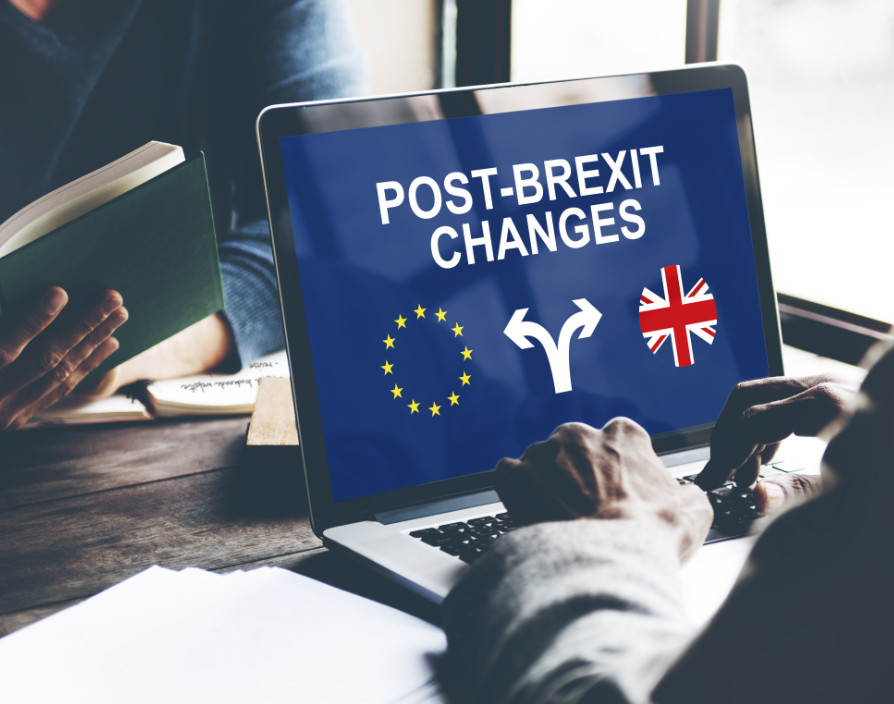With confirmation that the Brexit transition period will not be extended, UK businesses are facing a tight deadline to put the right plans in place for smooth post-Brexit trade.
The last few months have created unprecedented challenges for the British business community, with the COVID-19 pandemic forcing companies across the country to make difficult choices and compromises. As national lockdown measures ease, organisations may be looking forward to a return to business as usual – but they must not overlook the fact that another major challenge is just around the corner.
On June 12th 2020, the British government confirmed that the UK will not be seeking an extension to the Brexit transition period, which is due to end on December 31st 2020. This means that UK businesses can definitively expect some major changes to the way they trade with their EU partners from the outset of 2021 – changes that could result in delays and disruption if they do not prepare correctly.
As such, company leaders whose attention has been diverted by the coronavirus crisis will need to seize this opportunity to make preparations for post-Brexit trading as soon as possible, or else risk being left behind by rapidly shifting market realities.
What the end of the transition period will mean
Having formally ended its membership of the EU on January 31st 2020, the UK is currently in a pre-arranged transitional period, during which the country remains bound by the existing European rules and regulations while a new relationship with the EU is negotiated.
This has meant that thus far, there have been no changes to the way that British businesses trade with their EU partners, with customs rules and processes still dictated by the terms of the single market and customs union. With the confirmation that the UK will not be taking up the option of extending the transition period beyond its planned expiry date, this will no longer be the case from January 1st 2021.
The end of the transition period will result in the following changes:
- Basic customs declarations will be required for UK-EU trade from January 1st 2021.
- Border checks will be moved inland to approved premises, giving businesses the option of applying to become an approved premises
- From 1st January 2021, full declarations will also be required for certain goods, such as meat, plants and high-risk goods, or on April 1st, depending on whether a sufficient number of border posts have been built
- Full declarations and duty payments will be required for all UK-EU trade with effect from July 1st 2021
- Border checks will be fully implemented from 1st July 2021 when more border posts have been built, so imports from the EU will be treated the same as current imports from non-EU countries
- Proposed facilitations on such checks being made inland will likely remain
- Additional funding will be made available for customs intermediaries to help them expand their services and meet demand
For many companies that are used to seamless trade with their EU partners, this will result in additional time, expense and bureaucracy being introduced to their trading processes. The impact of this will be exacerbated if businesses are not prepared for this change to happen, resulting in delays, disruption and confusion that will reverberate along the supply chain.
How should businesses be preparing?
With less than six months to go before the transition period ends, UK traders are facing their last chance to properly prepare for the impending changes that are fast approaching. This means coming up with a detailed plan for how future EU trade will be managed and expedited, taking full advantage of the various schemes available to ease the process.
For example, some companies may wish to consider whether to apply for Authorised Economic Operator (AEO) status. AEO, or an equivalent trusted trade scheme, will continue post-Brexit and after leaving the customs union, giving companies access to a trusted kitemark that will allow their goods to pass through customs as quickly as possible, preventing long delays.
Additionally, businesses should be keeping a close eye on the latest political developments for any indications of further changes to the UK’s future trading relationship with the EU. Negotiations over a new free trade agreement will continue for the remainder of 2020, but it remains possible that the UK will end the transition period without a deal, meaning companies may need to revive and revise any no-deal Brexit planning scenarios they created last year.
Putting Brexit back on the planning agenda
To some extent, it is understandable that the scale and shock of the COVID-19 pandemic has introduced a false sense of security when it comes to Brexit planning, or at least pushed the matter down the list of priorities. However, with the lockdown easing and Brexit proceeding full steam ahead, now is the right time for business leaders to shift focus to some extent.
Although the future remains uncertain for businesses across a wide range of industries, the end of the transition period is now a fixed, definitive point around which they can begin their planning. For weeks, the business community has been instructed to stay alert to COVID-19 risks – now, they must apply the same principle to the latest Brexit developments, and make sure they make the most of this last chance to put firm preparations in place for this potentially seismic change to international trading norms.
“
Share via:


















































